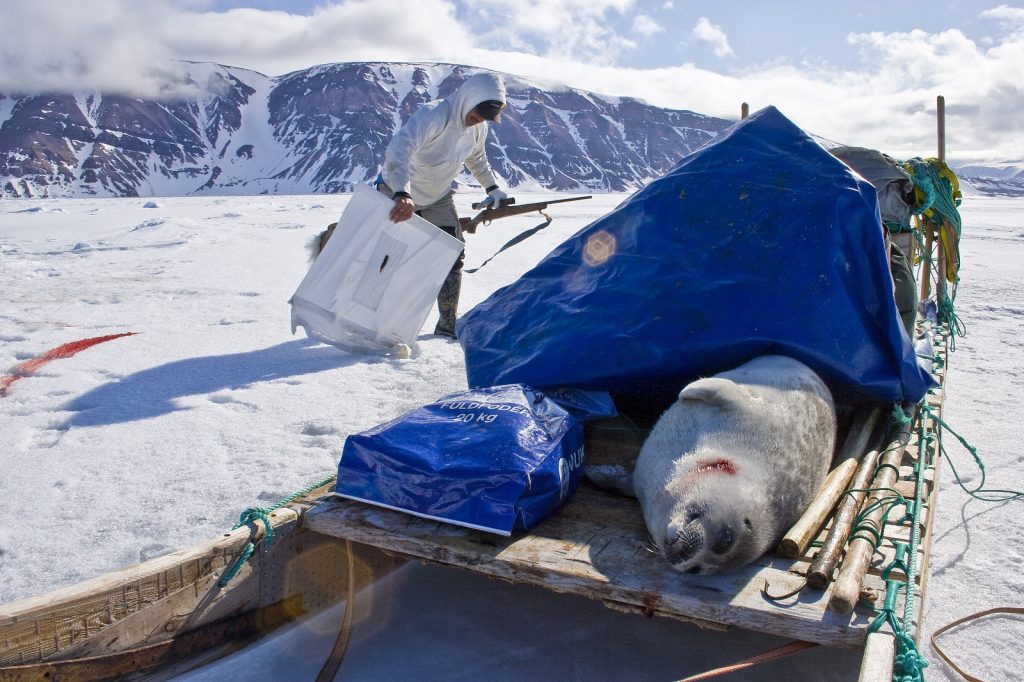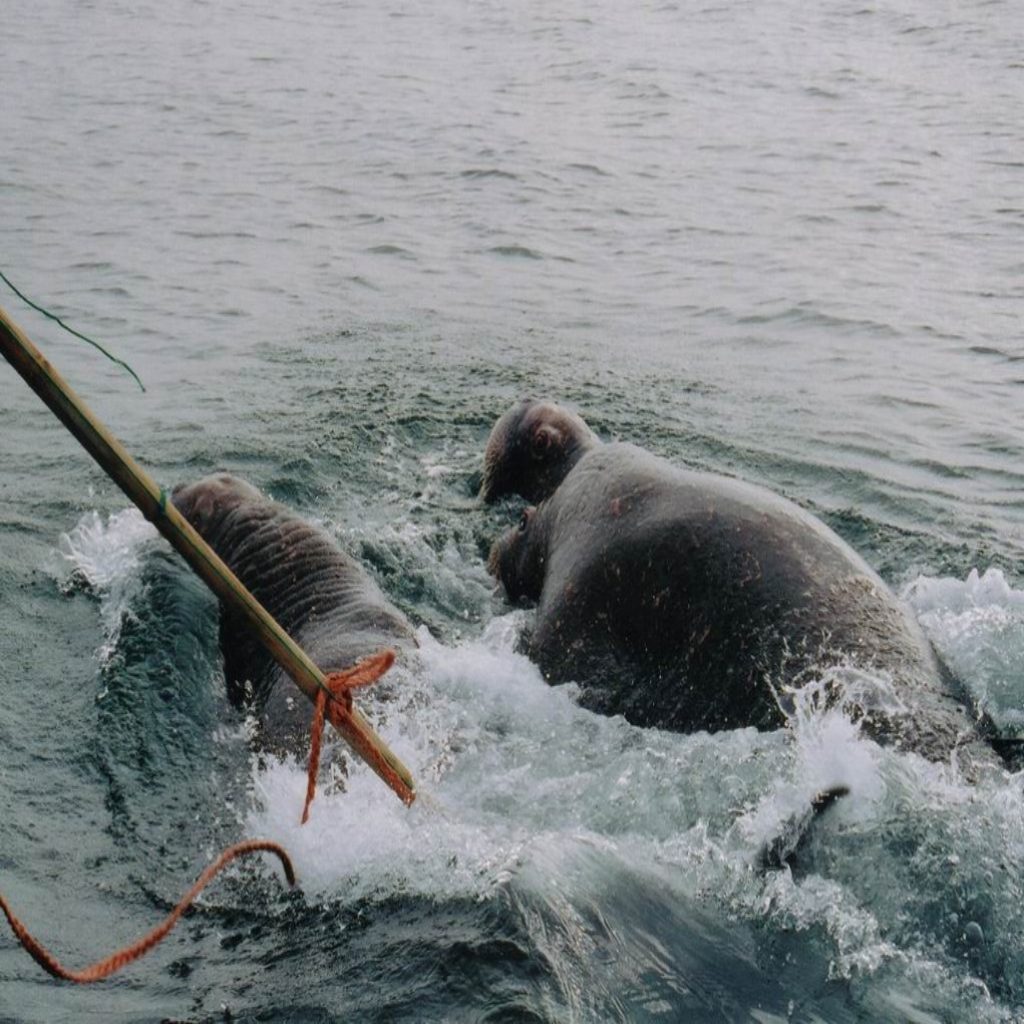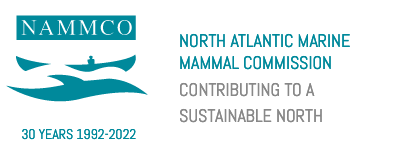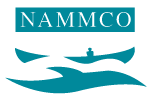Workshops & Expert group meetings
The Committee on Hunting Methods has organised much of its work through the convening of international Workshops and Expert Group meetings. These meetings have over the years successfully developed into arenas where hunters, managers and scientists can meet and openly discuss issues of common concern. The meetings have all generated recommendations related to their terms of reference. Read the Reports here.
Expert Group Meetings
An expert group meeting consists of a small group of qualified persons who are invited in a personal capacity as experts in fields related to the issue of hunting and killing marine mammals. Participation at expert group meetings is by invitation only.
2nd assessment meeting on Time to Death in Large Whale Hunts, 4 – 6 November 2015 (Copenhagen, Denmark)
The meeting reviewed and evaluated whale killing data from Greenland, Iceland, Norway, Japan, Canada and the USA. It also considered information on recent and ongoing research on improvements and technical innovations in hunting methods and gears used in the hunts. Protocols for collection of TTD data for hunts with deck mounted harpoon guns and statistical analyses of TTD in whaling operations were presented. The meeting resulted in both general and hunt specific recommendations. Read the report here.
This was the second expert group meeting to assess large whale killing data. The first, held 17 – 18 February 2010 in Copenhagen, Denmark, reviewed data from NAMMCO member countries and Japan. Read the report here.
Assessment of Hunting Methods for Small Cetaceans, 15 – 17 November 2011 (Copenhagen, Denmark)
Terms of reference for the Expert Group were to review and assess current hunting and killing methods for small cetaceans, to review and assess information on recent and ongoing research on improvements and technical innovations in hunting methods and gear used for hunting of small cetaceans, to review and assess time to death (TTD) data on the killing of small cetaceans, and to give recommendations with respect to possible improvements. Read the report here.
Best practices in the hunting and killing of seals, 24 – 26 February 2009 (Copenhagen, Denmark)
The expert group assessed different seal hunting methods within their contexts and addressed questions such as the use of specific hunting methods and equipment in particular settings, training requirements for hunters, control and monitoring of hunting methods, and research needs to improve the basis for further assessments. The expert group assessed seal hunting methods and developed recommendations based on state-of-the-art practices. As a result, they identified areas for specific improvements. Read the report here.
Workshops
Workshop on Struck and Lost, 14 – 16 November 2006 (Copenhagen, Denmark)

The Workshop addressed the issue of struck and lost in seal, walrus and whale hunting. An animal that is struck (hit) and lost represents at least two challenges. If the animal is injured and not dead it represents an animal welfare concern. Whether the animal is dead or not – the fact that it is lost is not cost effective or optimal for the hunter.
The overall goal of the Workshop was to improve catch relative to effort, to reduce animal suffering and improve public image, and to formulate recommendations on methods, techniques and equipment to reduce struck and loss that are applicable at the local level.
Dr Egil Ole Øen from the Norwegian School of Veterinary Science, Section of Arctic Veterinary Medicine, Norway chaired the Workshop, and Mr Glenn Williams, Wildlife Adviser to the Wildlife Department of the Nunavut Tunngavik Incorporated (NTI), Canada served as co-chair. Read the report here.
Workshop on Hunting Methods for Seals and Walrus, 7 – 9 September 2004 (Copenhagen, Denmark)


The aim of the Workshop was to improve the hunt with respect to safety and efficiency based on hunters’ knowledge, science and the best available technology. The workshop formulated recommendations on best practice, minimum requirements, enhancements and technical innovations for weapons and ammunition.
Dr Egil Ole Øen from the Norwegian School of Veterinary Science, Section of Arctic Veterinary Medicine, Norway chaired the Workshop. Mr Glenn Williams, Wildlife Advisor to the Wildlife Department of the Nunavut Tunngavik Incorporated (NTI), Canada served as co-chair. Read the report here.
Workshop on Marine Mammals: Weapons, Ammunition and Ballistics 12 – 15 November 2001 (Sandefjord, Norway)

The aim of the Workshop was to increase the understanding of weapon types, ammunition and ballistics and to formulate recommendations for weapons and ammunition for the different species.
The Workshop addressed topics such as:
- weapon types and ammunition in combination with terminal ballistics
- the impact of weapon types and ammunition on different marine mammals species
- safety for the hunters with respect to weapons use.
Professor Emeritus Knud Nielsen (Denmark) chaired the Workshop. Read the report here.
Workshop on Hunting Methods, 9 – 11 February 1999 (Nuuk, Greenland)

The Workshop reviewed and evaluated existing hunting methods in NAMMCO member countries including technical developments with respect to equipment and methods. It also examined possibilities for technical innovation and further enhancement of efficiency and safety of hunting methods, and provided recommendations for improvements, where relevant. Professor Knud Nielsen (Denmark) chaired the Workshop. Read the report here.


